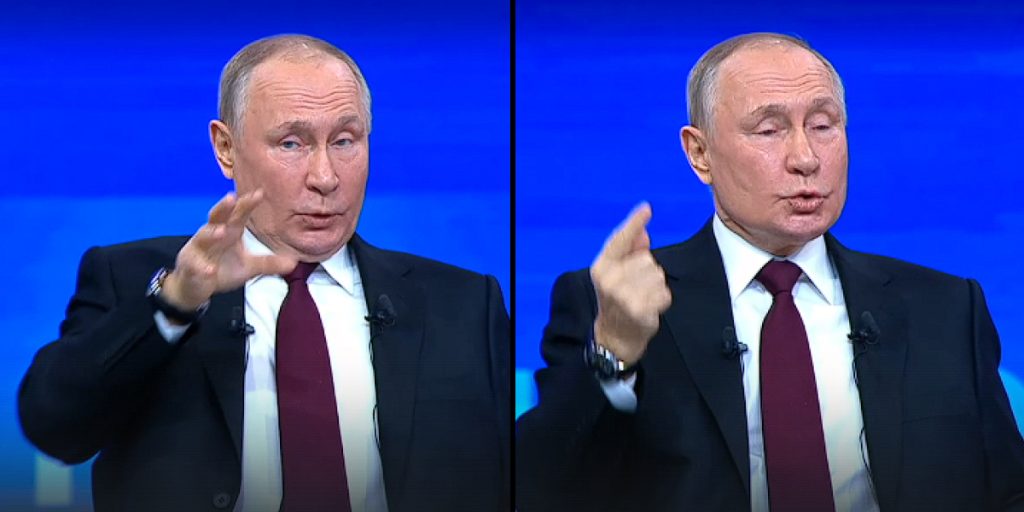Ukraine has managed to inflict damage on Russia’s oil industry.
Others are reading now
Recent figures have highlighted significant challenges faced by Russia due to the Ukrainian resistance, particularly through targeted drone attacks on the Russian oil sector.
These strikes have significantly impacted a key pillar of Russia’s economy, suggesting a looming crisis for Vladimir Putin’s administration.
The Ukrainian drone assaults on Russian oil refineries and depots are not just acts of defiance but strategic moves that have put Vladimir Putin’s oil industry in jeopardy.
Newsweek reports that these attacks are threatening the very foundation of Russia’s economy, which heavily relies on its oil sector.
Also read
Production Takes a Hit
The repercussions of these strikes are evident in the tangible damage to Russia’s oil infrastructure, leading to a noticeable decline in gasoline production.
According to Rosstat, Russia’s federal statistics service, there was a 7.4 percent drop in gasoline production to 754,000 tons in the week ending March 24 compared to the previous week.
This decline highlights the effectiveness of the Ukrainian strategy in disrupting Russia’s economic stability.
Seeking Solutions in Allies
In response to the mounting crisis, Russia has turned to Belarus, its closest ally and neighbor, for assistance.
Efforts to mitigate the domestic shortage include significant imports of gasoline from Belarus.
Reuters, referencing four sources within the oil industry, reported that Russia’s imports from Belarus surged to 3,000 tons in the first half of March from just 590 tons in February, and no imports were recorded in January.
This move indicates Russia’s urgent need to address the damages inflicted by the Ukrainian attacks.
The Impact of Dependence
Russia’s reliance on its oil industry cannot be overstated. As the world’s third-largest oil producer, accounting for more than 12% of global crude oil production, the current situation poses a severe threat to its economic wellbeing.
The increase in gasoline imports from Belarus reflects a desperate attempt to avoid a complete crisis but also underscores the vulnerability of relying heavily on a single industry for economic stability.
As the situation unfolds, the strategic significance of Ukraine’s targeted drone attacks becomes increasingly clear.
These are not mere pinpricks but rather calculated strikes that have managed to penetrate one of Russia’s most crucial economic defenses, highlighting the complexities of modern warfare where economic vulnerabilities are as significant as military ones.


